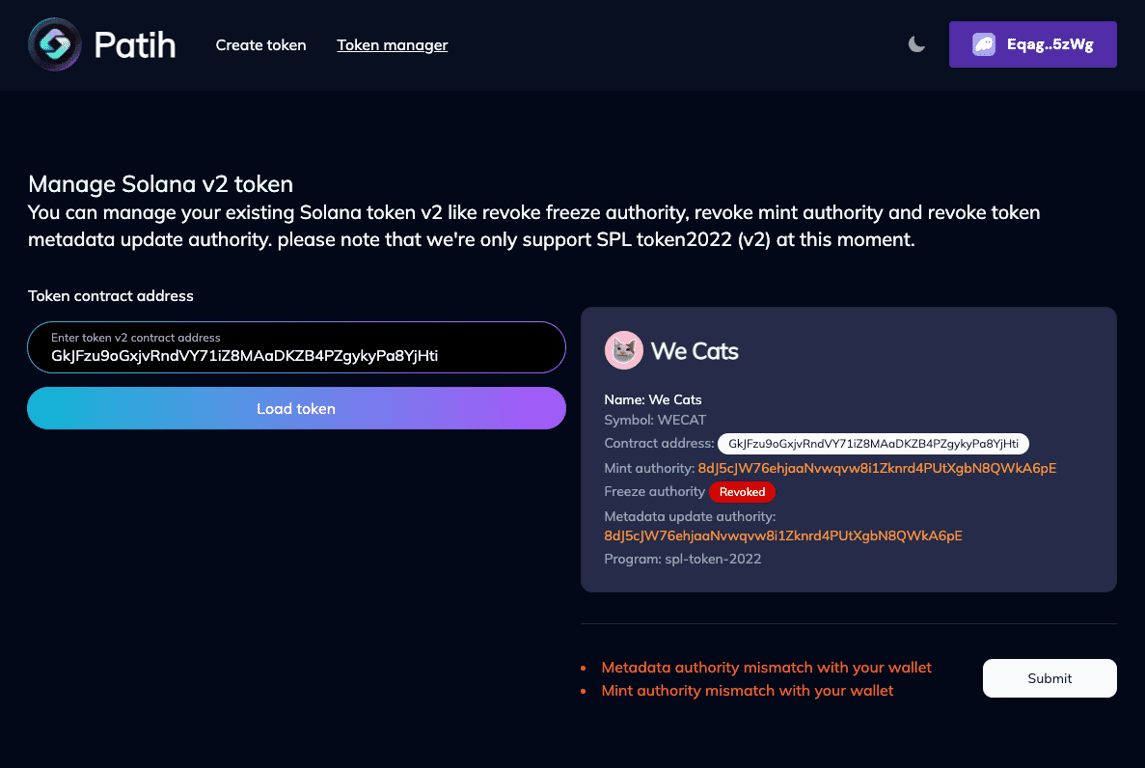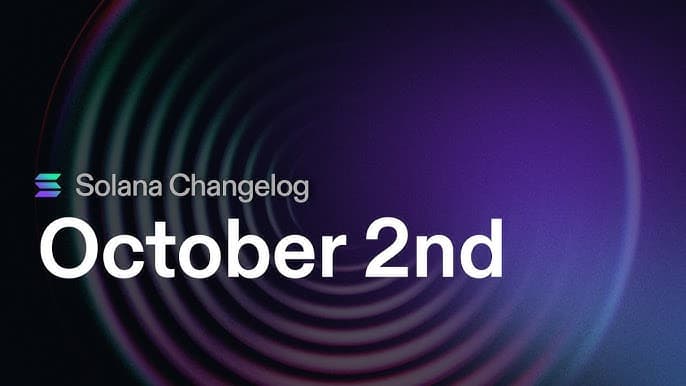Solana's token ecosystem is primarily powered by the Token Program, which serves as the backbone for nearly all tokens on the network. Anytime you mint, transfer, or burn tokens, this program is what your wallet or app is communicating with in the background.
For over four years, the Token Program has driven Solana's economy. However, with more developers joining the ecosystem and coming up with innovative ideas for how tokens can be utilized, the lack of native support for new use cases became evident.
To address this gap, Solana introduced a new token program called Token-2022, designed to extend the functionality of tokens through a set of features known as Token Extensions. If you’re interested in creating your own Token-2022, platforms like Patih.io offer a simple way to do so.
What Are Token Extensions?
At its core, Token-2022 shares many similarities with the original Token Program. However, what sets it apart is the inclusion of Token Extensions, a collection of new tools aimed at solving common challenges with existing tokens.
For token creators, these extensions are optional but can provide enhanced capabilities. Token-2022 operates independently from the original Token Program, meaning both versions will continue to be supported within the Solana network.
How Do Token Extensions Function?
When a token is minted using Token-2022, the creator can choose to enable one or more token extensions. These extensions add unique features to the token, such as enhanced privacy or the ability to embed custom logic into every transfer.
As a native feature on Solana, these extensions provide developers with a streamlined, standardized way to introduce new token functionalities. This reduces the need for complex custom smart contracts, allowing developers to focus on their core project logic. Furthermore, token extensions offer built-in compatibility, making it easier for wallets and apps to support new tokens by only needing to integrate an extension once.
Token Extension Use Cases
Token extensions unlock a variety of new applications, from crypto-native coordination mechanisms to improvements in traditional financial systems. Below are a few early adopters utilizing token extensions in their projects:
BERNExtensions Used: Transfer Fees
As the first token leveraging Token-2022, BERN engages with Solana’s popular community coin, BONK, in a creative way. Each time someone transfers BERN, a 6.9% fee is automatically applied via the Transfer Fee extension.
Of this fee, 1% burns BONK, 0.5% burns BERN, and 5% is redistributed to existing BERN holders. To date, this mechanism has led to the burning of nearly $1.5 million worth of BONK, while over $500,000 worth of BERN has been distributed back to holders.
Wen New Standard (WNS)Extensions Used: Metadata & Metadata Pointer, Transfer Hook, Immutable Owner, Group & Group Pointer, Member & Member Pointer
WNS is a new NFT standard, built on token extensions, that seeks to maximize compatibility while cutting down on unnecessary third-party fees. By utilizing extensions like Immutable Owner and Transfer Hook, creators can enforce royalties at the protocol level, ensuring they cannot be circumvented.
Additionally, WNS simplifies the management of token metadata by storing key information such as Name, Symbol, and URI directly in the token mint via the Metadata and Metadata Pointer extensions. This removes the need for external metadata accounts or extra programs. The Group and Group Pointer extensions make it easy for individual NFTs to be linked to their parent collections.
Major NFT collections, like AssetDash Elementals, have already adopted WNS, and more are expected to follow.
Paxos USDP StablecoinExtensions Used: Mint Close Authority, Permanent Delegate, Confidential Transfer, Transfer Hook, Metadata & Metadata Pointer
Regulated by the New York Department of Financial Services (NYDFS), Paxos issues the US-dollar-backed stablecoin Pax Dollar (USDP). For their launch on Solana, Paxos enabled several token extensions to meet regulatory requirements and enhance functionality.
The Permanent Delegate extension allows Paxos to reclaim funds in case of illegal activity, complying with NYDFS regulations. In addition, the Confidential Transfer extension employs zero-knowledge proofs to encrypt token balances and transfer amounts, enabling private, on-chain business-to-business (B2B) payments and treasury management.
USDP demonstrates how regulated entities can use token extensions to create secure, efficient on-chain transactions while meeting strict compliance standards.
Buy me a coffee:
XRP: r44XDvTE3ceAVX5Dg7Qm9b5pvvs8qq6gkQ
SOL: 26SvjBgZACGsrXtP1nYnbRH2WLUupq8YeVHGRJEpRxCd


